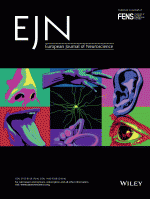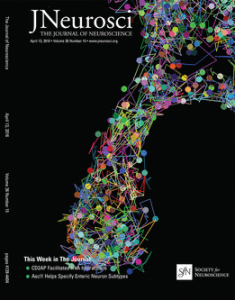 A PLOS ONE paper about chronic pain plagiarized from multiple sources — 17, in fact.
A PLOS ONE paper about chronic pain plagiarized from multiple sources — 17, in fact.
According to the retraction notice released by the journal last week, the paper contains “extensive verbatim use of text from other sources.”
How did this make it past the editors? The journal published the paper in 2012 — before it began screening papers for plagiarism, according to a spokesperson.
Here’s the retraction notice for “The Effect of Social Stress on Chronic Pain Perception in Female and Male Mice:”
Continue reading PLOS ONE paper plagiarized from 17 articles — yes, 17

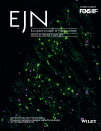
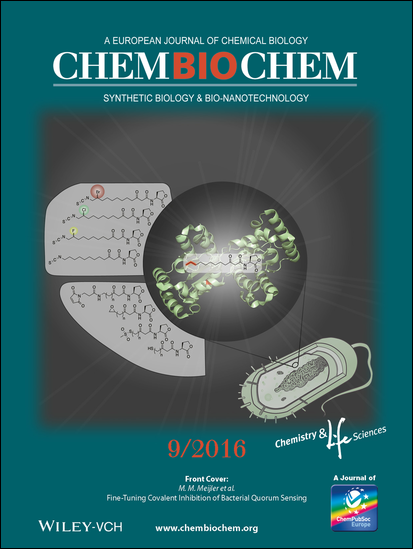 It was
It was 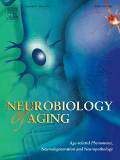 Four different journals have pulled papers from the same authors due to alleged duplication or manipulation of images.
Four different journals have pulled papers from the same authors due to alleged duplication or manipulation of images.